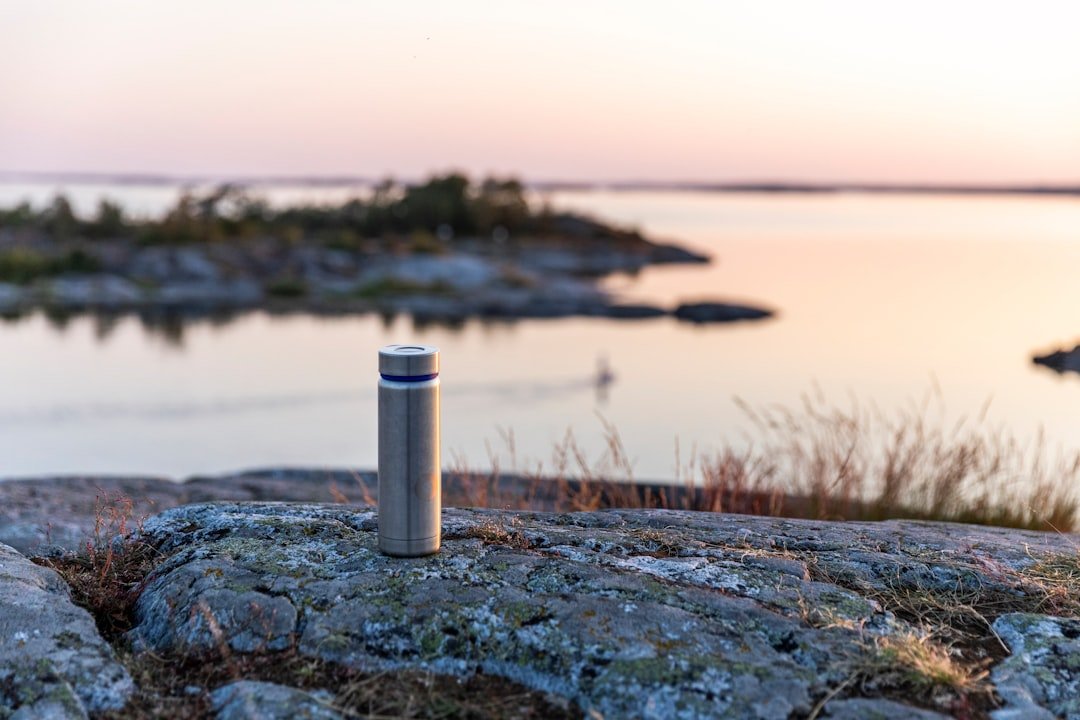One of the most urgent environmental problems of the twenty-first century is plastic pollution, especially in the world’s oceans. The effects of the millions of tons of plastic debris that enter marine ecosystems annually are severe & extensive. Plastic products are so commonplace in daily life because of their convenience, but the environment pays a heavy price for this convenience.
Key Takeaways
- Plastic pollution in our oceans is a growing environmental crisis that is threatening marine life and human health.
- Marine life is suffering from ingestion of plastic, entanglement, and habitat destruction, leading to population decline and ecosystem disruption.
- Human health is at risk from consuming seafood contaminated with plastic particles and exposure to toxic chemicals leaching from plastic waste.
- The economic consequences of plastic pollution include damage to fisheries, tourism, and coastal communities, as well as cleanup costs.
- Solutions to combat plastic pollution include reducing single-use plastics, improving waste management, and promoting recycling and innovation in plastic alternatives.
The sheer amount of plastic waste, from single-use bags to microplastics, seriously endangers marine biodiversity and the wellbeing of oceanic ecosystems. Plastic production started to soar in the middle of the 20th century, which is when plastic pollution first appeared. A significant amount of the more than 300 million tons of plastic that are produced each year are thought to wind up in rivers & seas. This pollution has a ripple effect on human health and economies around the world in addition to harming marine life.
It is becoming more and more obvious that immediate action is required to lessen the effects of plastic pollution on our oceans as awareness of this crisis rises. The impact of plastic pollution on marine life is severe and complex. Because marine life frequently confuses plastic waste for food, it can be consumed by them, which can result in serious internal injuries or even death. Consuming plastic products has been reported to cause malnutrition or starvation in a variety of species, including seabirds and turtles. Concerns regarding the possibility of bioaccumulation up the food chain have also been raised by the discovery that a variety of marine organisms have been found to consume microplastics, which are tiny plastic particles smaller than five millimeters.
Marine life faces physical risks from plastic pollution in addition to ingestion. Many marine animals may be injured or drowned as a result of becoming entangled in abandoned fishing gear, nets, and other plastic debris. Plastic pollution also affects coral reefs, which are important ecosystems; debris can suffocate corals & prevent them from growing, as well as serve as a substrate for toxic algae. The buildup of plastic waste in their habitats may endanger entire species, which has a significant overall impact on biodiversity.
| Impact of Plastic Pollution in Our Oceans | Statistics |
|---|---|
| Number of plastic pieces in the ocean | 5.25 trillion pieces |
| Percentage of plastic that sinks to the ocean floor | 70% |
| Number of marine species affected by plastic pollution | over 800 |
| Estimated time for plastic to decompose in the ocean | 450 years |
| Annual economic cost of plastic pollution to marine ecosystems | 13 billion |
The effects of plastic pollution on human health go beyond those on marine ecosystems. Microplastics could endanger human consumers as they make their way up the food chain. Microplastic-polluted seafood may contain toxic chemicals & other dangerous substances that can upset endocrine systems and cause a number of health problems. Concerns regarding prolonged exposure & its impact on health have been raised by studies that have demonstrated that these microscopic particles can build up in human tissues. Also, the manufacturing and burning of plastics releases toxic pollutants into the atmosphere, which worsens the quality of the air and water.
Due to exposure to hazardous materials, communities close to waste disposal facilities or plastic manufacturing facilities frequently face higher health risks. As the link between plastic pollution and public health becomes more apparent, comprehensive approaches are required to address this expanding issue. Plastic pollution has substantial and varied economic repercussions. Fish populations are declining as a result of habitat degradation and plastic pollution, which negatively impacts the fishing industry, which is highly dependent on healthy marine ecosystems. Dealing with the fallout from fewer catches and cleaning up debris frequently result in higher expenses for fishermen.
Also, dirty waters and littered shorelines have a negative impact on tourism industries that rely on immaculate beaches and thriving marine life. The expenses of disposing of plastic waste are prohibitive. Every year, governments and municipalities spend billions on cleanup and waste management, taking money away from other vital services. Also, for millions of people who rely on healthy oceans for their livelihoods and sustenance, the long-term economic effects of declining marine biodiversity may pose a threat to their food security.
Taking action to reduce plastic pollution is not only necessary for the environment, but also for the economy. Fighting plastic pollution necessitates a multipronged strategy that incorporates creativity, cooperation, and dedication from all societal segments. The creation of biodegradable substitutes for conventional plastics is one encouraging approach. These materials, which decompose more naturally in ecosystems, can lessen environmental impact & reduce dependency on petroleum-based plastics.
Also, encouraging circular economy principles—in which goods are made to be recycled, reused, or composted—can greatly lower the quantity of plastic waste produced. Campaigns for public awareness are also essential in combating plastic pollution. Significant behavioral changes can result from educating communities about the value of minimizing single-use plastics and promoting responsible consumption. Projects like community recycling programs and beach clean-ups encourage people to take action & cultivate a sense of environmental stewardship.
To develop comprehensive strategies that successfully address this global crisis, cooperation between governments, corporations, and non-profit organizations is crucial. By establishing regulations and policies, governments can significantly reduce the pollution caused by plastics.
By outlawing plastic bags and straws, numerous nations have already taken action in this direction, proving that laws can have real effects. By offering grants or tax breaks to businesses that prioritize eco-friendly materials, governments can further encourage businesses to adopt sustainable practices.
International collaboration is also essential to the global fight against plastic pollution. Treaties and agreements that reduce plastic waste can help countries work together and encourage the best waste management techniques. The goal of initiatives such as the Global Plastics Treaty is to bind nations to reduce plastic production & enhance waste management systems. Nations can present a united front against this widespread problem by cooperating.
Although systemic change is essential to combating plastic pollution, progress is also greatly aided by individual acts. Making small lifestyle adjustments, like using reusable containers, bottles, & bags, can have a big impact on cutting down on plastic waste. People can also promote change in their communities by taking part in clean-up events or lending support to neighborhood projects that aim to cut back on the use of plastic.
Also, by making knowledgeable decisions about the goods they buy, customers can have an impact on companies. Encouraging businesses that put sustainability and openness first can inspire more companies to follow suit. Society can bring about broader change in communities & industries by encouraging an individual-level culture of environmental responsibility.
Ocean plastic pollution is a serious issue that needs to be addressed right now by all facets of society. The negative consequences on human health, economies, and marine life highlight how urgent it is to address this issue holistically. Although there are solutions, such as novel materials & altered laws, significant advancement requires the cooperation of governments, corporations, communities, and individuals. Society must take decisive action to safeguard our oceans for future generations as awareness of the seriousness of plastic pollution grows. Humanity can strive towards a cleaner, healthier ocean ecosystem—a goal that is not only attainable but also essential for the welfare of our planet and its inhabitants—by emphasizing sustainable practices, supporting sensible policies, and accepting personal responsibility.
Plastic pollution in the ocean is a pressing environmental issue that requires immediate attention. According to a recent article on rising seas, air pollution, deforestation, and other current environmental challenges, the impact of plastic waste on marine ecosystems is devastating. The article highlights the urgent need for effective solutions to combat plastic pollution and protect our oceans for future generations.



